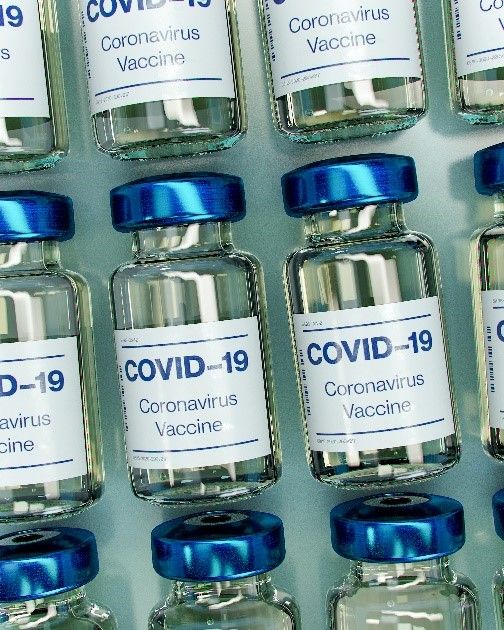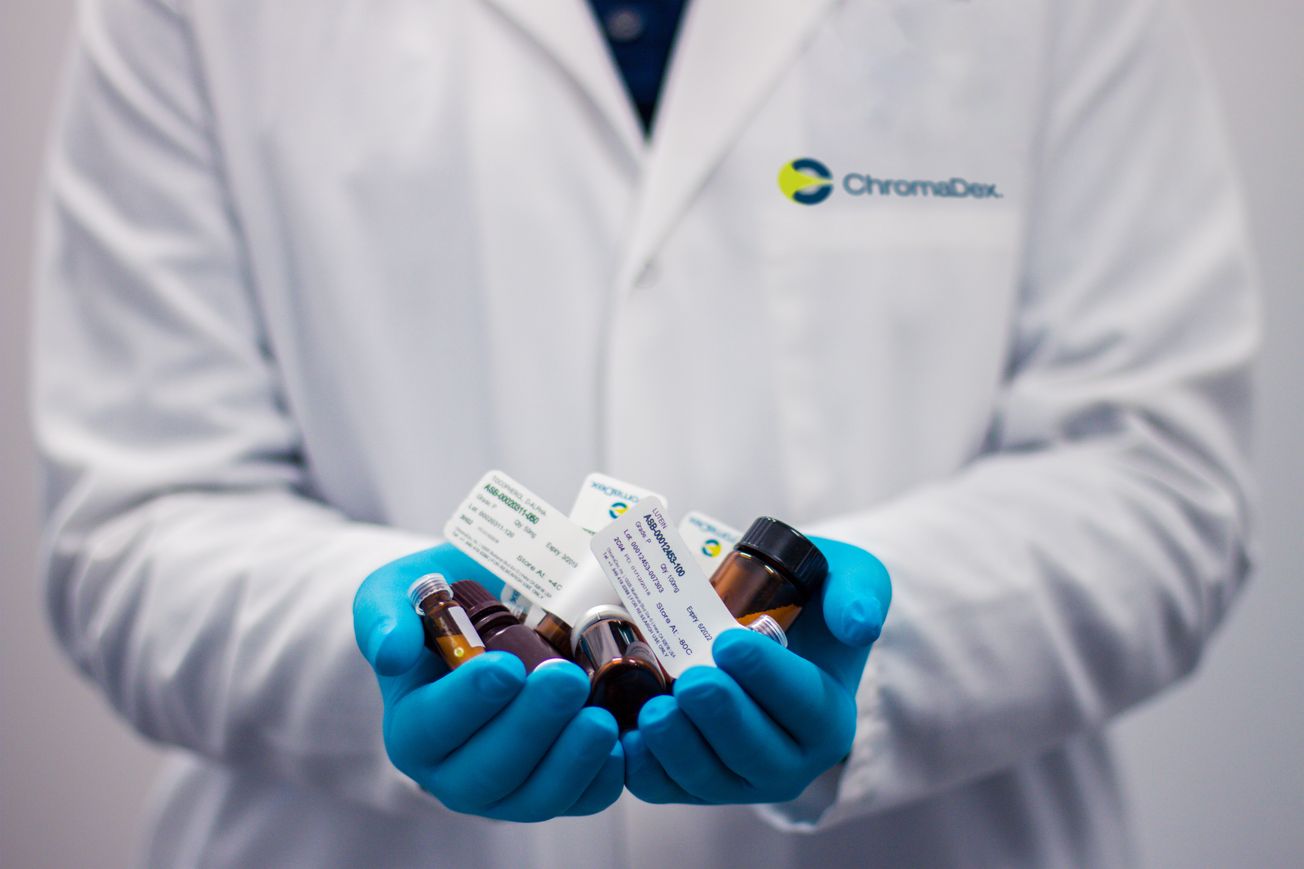By Conlan Doherty, Fourth Year, Cellular and Molecular Medicine
Bristol plays a key role in a new FDA-funded collaboration of international research centres to enhance our understanding of severe coronavirus infections and how COVID-19 progresses.
A new international project funded by the FDA has been approved and will collaborate with the University of Bristol’s School of Cellular and Molecular Medicine, as well as The Universities of Liverpool and Oxford, Public Health England, A*STAR in Singapore and King Fahd Medical City in Saudi Arabia.
The aim of the project is to increase our understanding of severe coronavirus infections in humans, which will help to discern novel therapeutics to combat COVID-19. Currently, there are no licensed therapies to treat or prevent the infection and the virus remains a burden to healthcare systems and global economies.
In recent years, emerging infectious diseases have become an increasing threat to normality, with SARS-CoV, MERS-CoV and the culprit of the current pandemic, SARS-CoV-2, all being members of the same virus family: coronavirus. The patterns of disease are somewhat similar among the three family members, especially when regarding the host’s enhanced inflammatory response.
This new study will investigate viral evolution, host-pathogen interactions, any elicited immune responses, and diagnostic biomarkers throughout the infection in all three viruses within the family, to elucidate any common mechanisms of virulence. Identifying shared pathways and disease-associated biomarkers will help inform the development of new therapies, and how the infection progresses.
Professor Julian Hiscox of the University of Liverpool said: ‘The development of licensed drugs to treat severe coronavirus infection, and especially SARS-CoV-2, is a huge priority for the international community. There is a time-sensitive need to assess the efficacy of novel COVID-19 interventions, address the continuing challenge of MERS and prepare for potential future coronavirus pandemics.’

The Bristol team will be headed by Dr David Matthews and Dr Andrew Davidson and will focus on how SARS-CoV-2 and MERS-CoV infect living cells and cause disease, as well as exploring how antiviral drugs may be implicated to perturb the pathogens’ virulence.
Viral evolution will be assessed via identification of any diagnostic target sites that are no longer present in the virus, suggesting diagnostic and therapeutic intervention has acted as a selection pressure, compelling the virus to mutate, become evasive and remain successfully infectious.
Additionally, the study is assessing a newly developed technology, Organs-on-Chips, which can mimic organ systems and will highlight characteristics of the virus and the ensuing infection.
The three-year project is expected to run from Autumn 2020 until September 2023 and will cost £4 million.
The international team is led by Dr Julian Hiscox at the University of Liverpool and will unite a multi-disciplinary team of scientists in understanding several characteristics of the virus.
Chief Scientist at the FDA, RADM Denise Hinton elaborated: ‘FDA’s work with our international regulatory counterparts and key partners in academia and industry has paved the way for numerous critical collaborations on many scientific and regulatory fronts as part of our COVID-19 response.’
University of Bristol COVID-19 research updates
Is resistance to COVID-19 more common than we thought?
This work will undeniably impart crucial findings in the molecular mechanisms underlying COVID-19 infections, and allude to any therapies that might successfully prevent or counter any progressive decline in health engineered by SARS-CoV-2.
‘The FDA will continue to collaborate on important regulatory science projects like this one, as we seek to bring safe and effective COVID-19 vaccines and treatments to our citizens as quickly as possible.’
Featured image: Kendal/Unsplash
Are you hopeful we will learn more about the virus with well funded studies like this?








